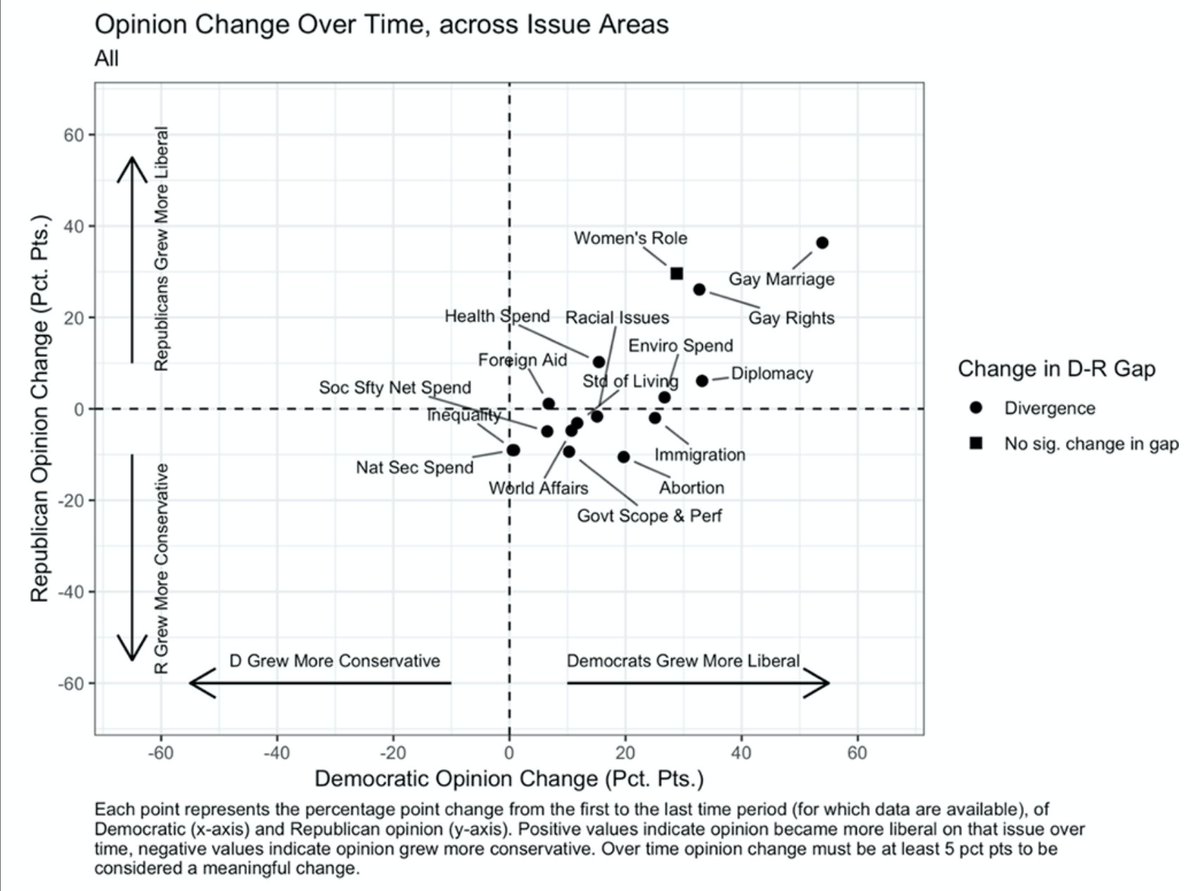
1/n To help promote @RichardHanania's fascinating new article(
https://twitter.com/RichardHanania/status/1334131822574276608?s=20), I thought I'd thread graphs of some of the data I found interesting
2/n First, I found it interesting that even when both refugee groups were described as being likely to overwhelmingly vote democrat, white dem participants still favored admitting (unskilled) Venezuelan over Ukranian refugees by a 16.4 point margin (p=0.039). 

3/n The inverse is true for republicans, who favor likely republican voting Ukranian to Venezuelan refugees by a 12.4 point margin (though the diff falls short of significance, p=0.104)
5/n Another interesting finding is that white reps/cons appear to be much more sensitive to the skills/likely self-sufficiency of the immigrant group than white dems/libs. The latter appear to support admission at similar rates regardless of immigrant skill condition. 

6/n For instance, white dem support for admitting likely dem-voting Venezuelans was ~0.82 in the unskilled condition, and ~0.85 in the skilled condition. In contrast, white rep support for admitting likely gop-voting Ukranians was 0.45 in the unskilled condition, and..
7/n ..0.60 in the skilled condition
9/n While I'd still love to--and eventually will--conduct a similar survey experiment, Richard's study really is the first (as far as I'm aware) to examine whether refugee political leanings moderate support for admission.
11/n In the end, partisanship certainly matters for both groups, as does ethnicity (which, for white dems, I reckon is taken as a cue for a group's oppression/privilege). But skills matter more for white conservatives/republicans.
• • •
Missing some Tweet in this thread? You can try to
force a refresh












